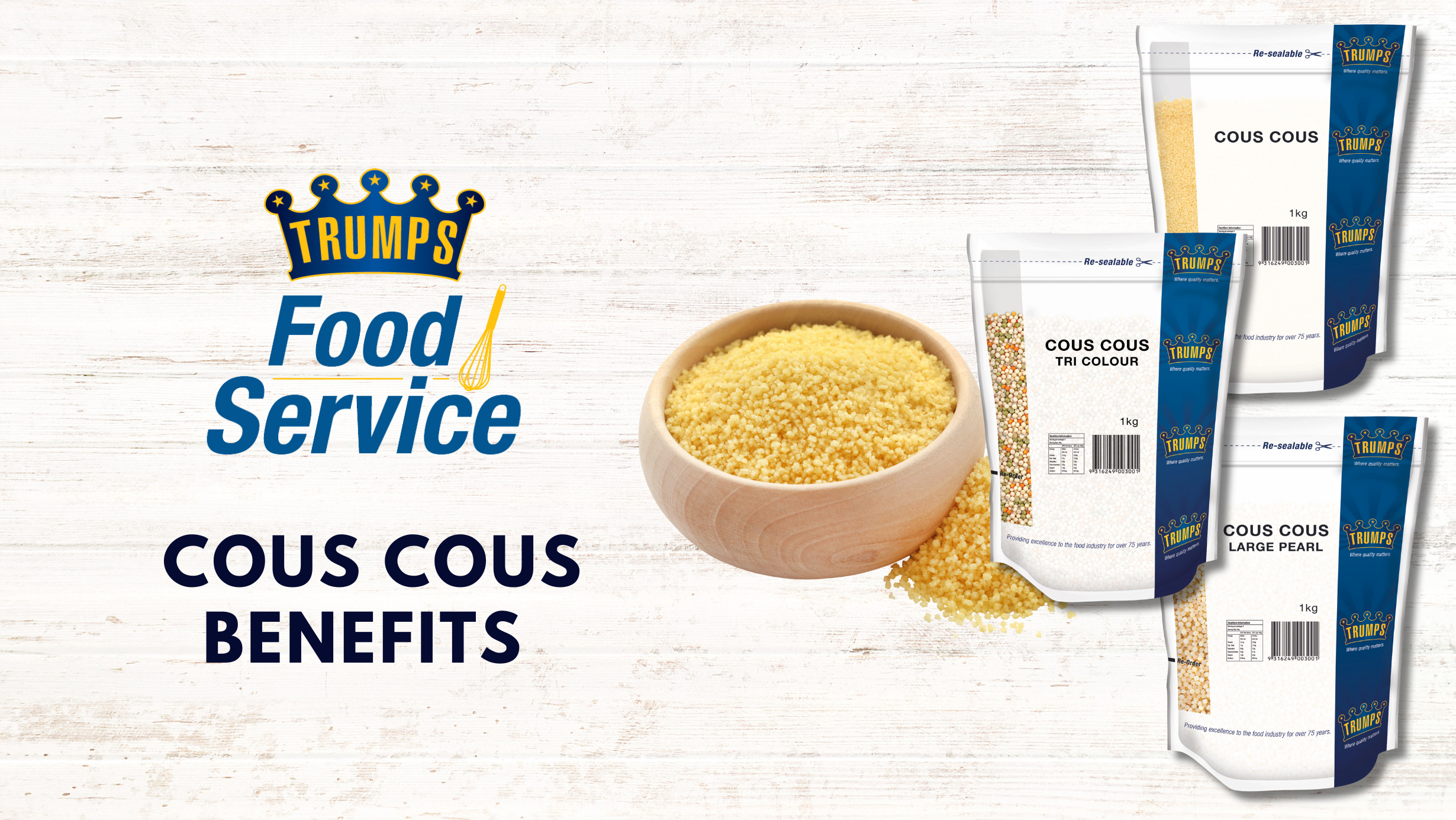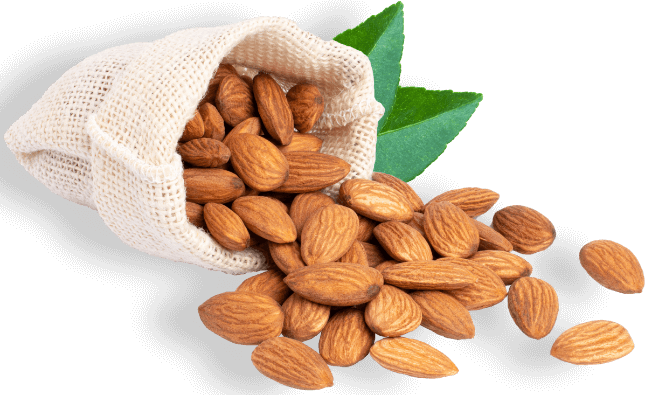Cous cous is a processed grain product made from little balls of durum wheat or semolina flour. Couscous is a processed grain that offers nutritional benefits in the form of selenium and plant-based protein among many others. This grain, however, contains gluten, making it not suitable for everyone. Here are some health and nutrition benefits:
Rich in Selenium
One of the most important nutrients in couscous is selenium. Just one cup (157 grams) of couscous contains more than 60% of the recommended intake.
Selenium is an essential mineral with many health benefits. It’s a powerful antioxidant that helps your body repair damaged cells and decreases inflammation.
The selenium in couscous may help lower your risk of heart disease by reducing inflammation and oxidative stress in your body. Its antioxidant function can also help reduce the buildup of plaque and “bad” LDL cholesterol in artery veins and walls.
May help lower cancer risk
The selenium in couscous may also help lower your risk of cancer.
A review of 69 studies including over 350,000 people showed that high selenium blood levels may protect against certain cancers, though the effect was associated with eating selenium-rich foods.
Boost your immune system
The selenium in couscous can also give your immune system a boost.
This antioxidant helps reduce inflammation and boosts immunity by lowering oxidative stress in your body.
Studies have shown that while increased blood levels of selenium enhance the immune response, a deficiency may harm immune cells and their function.
Selenium also plays a role in the regeneration of vitamins C and E, which help increase your immune system’s function.
Good source of plant – based protein
Animal protein contains all of the essential amino acids that your body cannot produce, making it a complete protein.
Most plant-based proteins do not contain all of the essential amino acids in adequate amounts. With the exceptions of soy, quinoa, and a few other plant-based protein sources, they are considered incomplete.
References
- Peter R Hoffman. Marla J Berry. The influence of selenium on immune responses. National Library of Medicine, 2013.
- Irma M Puspitasari. Rizky Abdulah. Chino Yamazaki. Satomi Kameo. Takashi Nakano. Hiroshi Koyama. Updates on clinical studies of selenium supplementation in radiotherapy. National library of medicine, 2014.
- Xianlei Cai. Chen Wang. Wangi Yu. Wenjie Fan. Shan Wang. Ning Shen. Peng Cheng Xu. Xiuyang Li. Fudi Wang. Selenium exposure and cancer risk: an updated meta-analysis and meta- regression. National Library of medicine, 2016.
- Gemma Flores-Mateo, Ana Navas-Acien, Roberto Pastor-Barriuso, Eliseo Guallar. Selenium and coronary heart disease: a meta- analysis. National library of medicine, 2006.
- Lien Ai Pham- Huy. Hua He. Chuong Pham- Huy. Free radicals, antioxidants in disease and health. National library of medicine, 2008.
- Alison Hill, Kristina A Harris Jackson, Michael A Roussell, Sheila G West, Penny M. Kris-Etherton. Type and amount of dietary protein in the treatment of metabolic syndrome: a randomized controlled trial. National Library of Medicine, 2015.
- Jay R. Hoffman. Michael J Falvo. Protein which is best?. National Library of Medicine, 2004.





